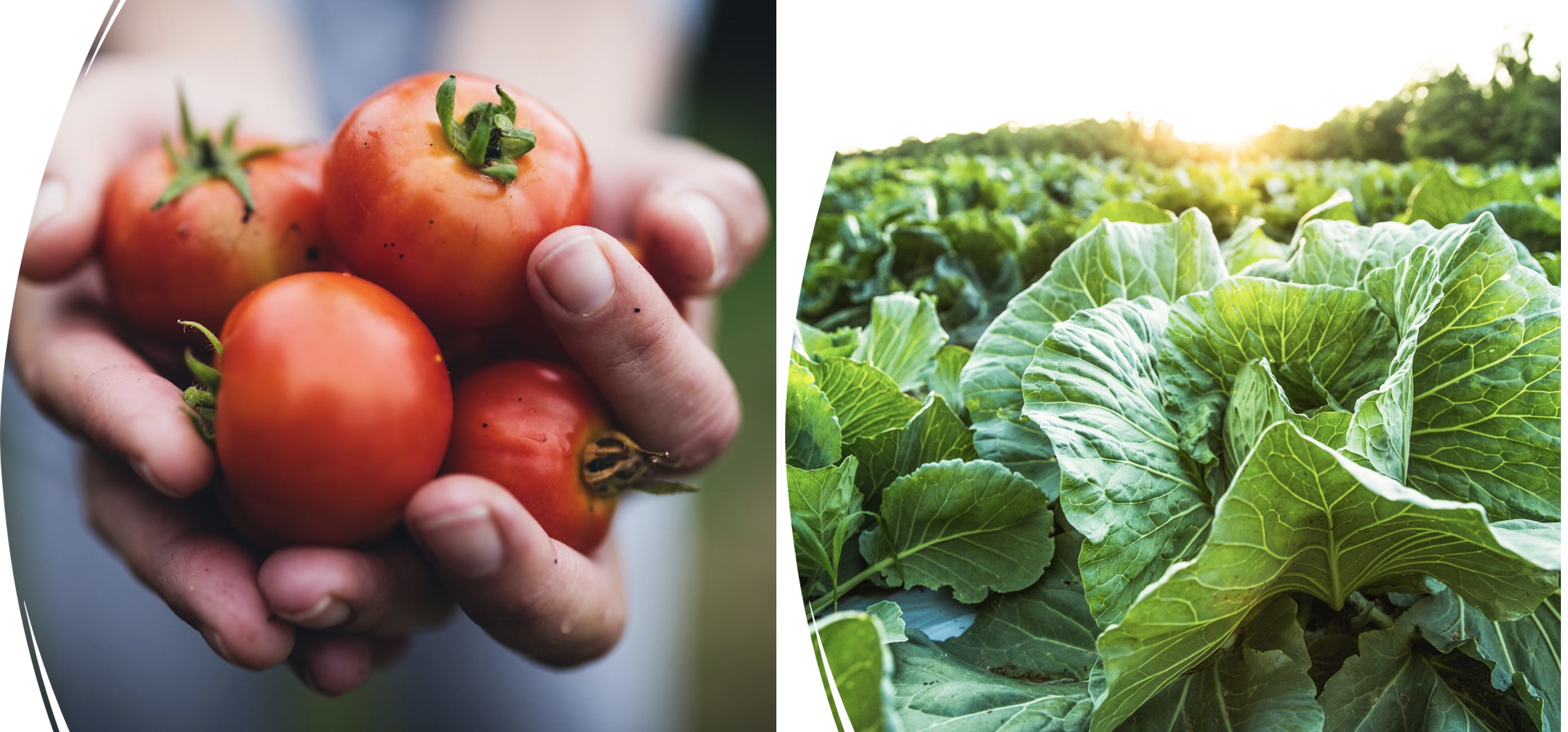March is National Nutrition Month, an annual campaign created by the Academy of Nutrition and Dietetics to promote healthy eating habits and overall wellness. Each week during the month, a new message is shared to help individuals make informed food choices and develop healthy eating habits. This week we'll talk about tips for enjoying more plant-based meals and snacks, purchasing foods with minimal packaging, buying foods in season, and starting a container or backyard garden to grow food at home.
Enjoy More Plant-Based Meals and Snacks
Plant-based diets have gained a lot of popularity in recent years, and for good reason! They have been linked to numerous health benefits, including lower risk of heart disease, type 2 diabetes, and certain cancers. Plant-based diets can also be environmentally sustainable, as they often require less land, water, and energy to produce compared to animal-based diets.
Getting started with a plant-based diet can be hard. To try and enjoy more plant-based meals and snacks, start by incorporating more fruits, vegetables, whole grains, legumes, nuts, and seeds into your diet. Try adding a side salad to your meals, snacking on raw veggies with hummus, or swapping out meat for beans or tofu in your favorite recipes. There are also so many plant-based alternatives available for meat and dairy products, such as veggie burgers, plant-based milks, and dairy-free cheeses. Be sure to use check the ingredients to make sure you're getting minimal additives if using plant-based alternatives.
Purchase Foods with Minimal Packaging
Reducing waste is an important part of living a sustainable lifestyle. There are many different ways that you can start to reduce our own waste. One way is by purchasing foods with minimal packaging. When shopping, look for products that come in recyclable or reusable packaging, or bring your own reusable bags and containers to the store.
When you buy foods with minimal packaging, not only is it better for the environment, but it can be healthier for you! Many packaged foods contain preservatives, additives, and other ingredients that may not be beneficial for your health. By choosing fresh, whole foods that require minimal packaging, you can ensure that you are getting the most nutritious and wholesome foods possible.
Buy Foods In Season and Shop Locally When Possible
Anyone who knows me, knows I LOVE a good farmers market. When you buy foods in season and shopping locally, this is another way to reduce your environmental impact and support your local community. Locally grown foods require less transportation and storage, which can reduce greenhouse gas emissions and promote sustainability. In addition, buying foods in season often means that they are fresher, more flavorful, and more affordable.
To find locally grown foods in your area, check out farmers’ markets, community-supported agriculture (CSA) programs, and local food co-ops. These are great resources for finding fresh, seasonal produce and supporting local farmers and producers.
Start a Container or Backyard Garden to Grow Food at Home
One of the best ways to ensure that you are getting the freshest, most nutritious foods possible is by growing your own. Starting a container or backyard garden is a great way to get started, even if you have limited space or experience. With a few basic supplies, such as soil, seeds, and containers, you can grow your own herbs, vegetables, and fruits right at home.
Growing your own food is not only a great way to promote sustainability and reduce your environmental impact, but it can also be a fun and rewarding hobby. Plus, the taste of fresh, home-grown produce is hard to beat!
Join me this month by celebrating National Nutrition Month! From the importance of enjoying more plant-based meals and snacks, purchasing foods with minimal packaging, buying foods in season and shopping locally when possible, and starting a container or backyard garden to grow food at home, the possibilities are endless! By incorporating these tips into your daily life, you can improve your health and well-being, support the environment, and develop healthy and sustainable eating habits. Remember, small changes can make a big difference!
